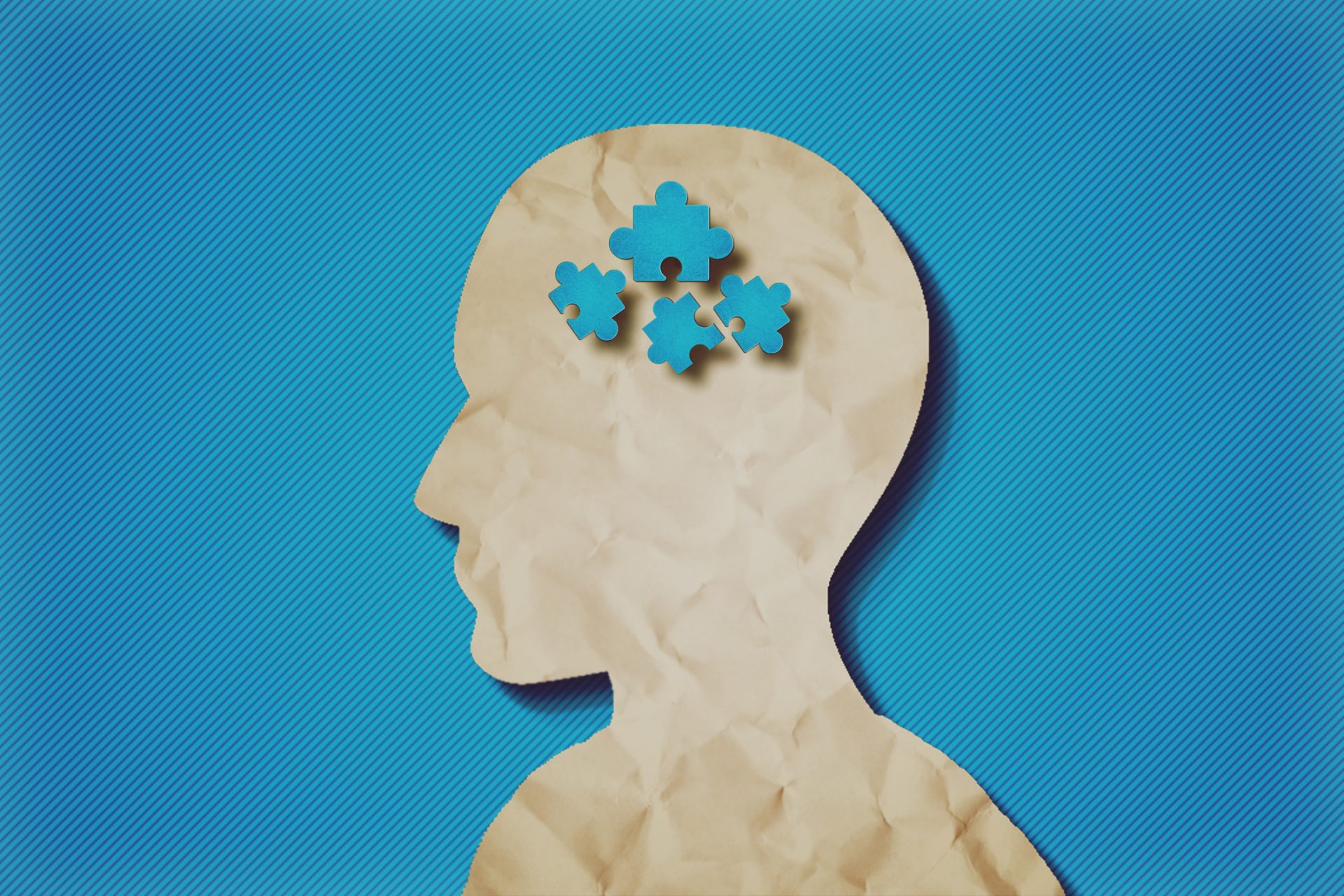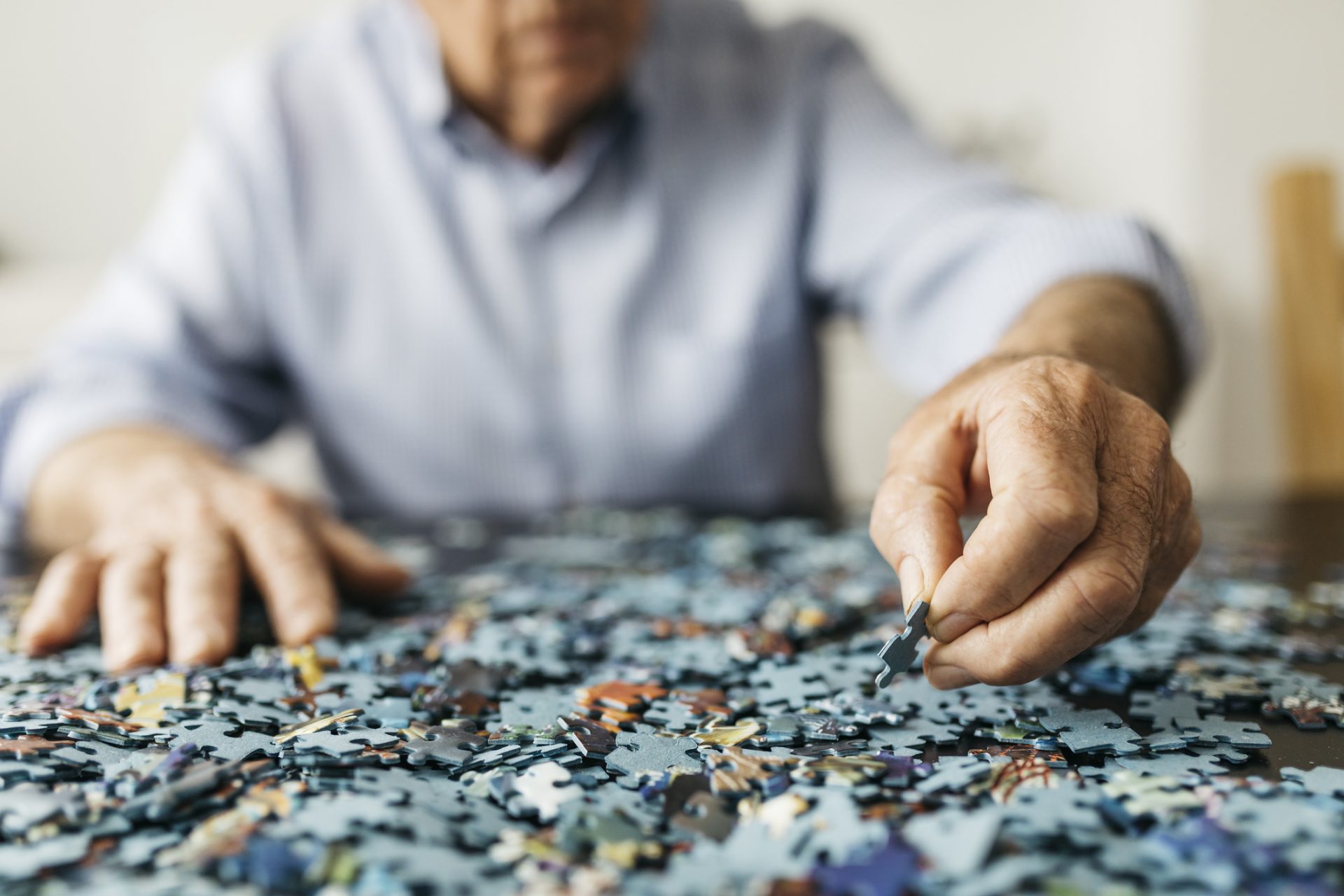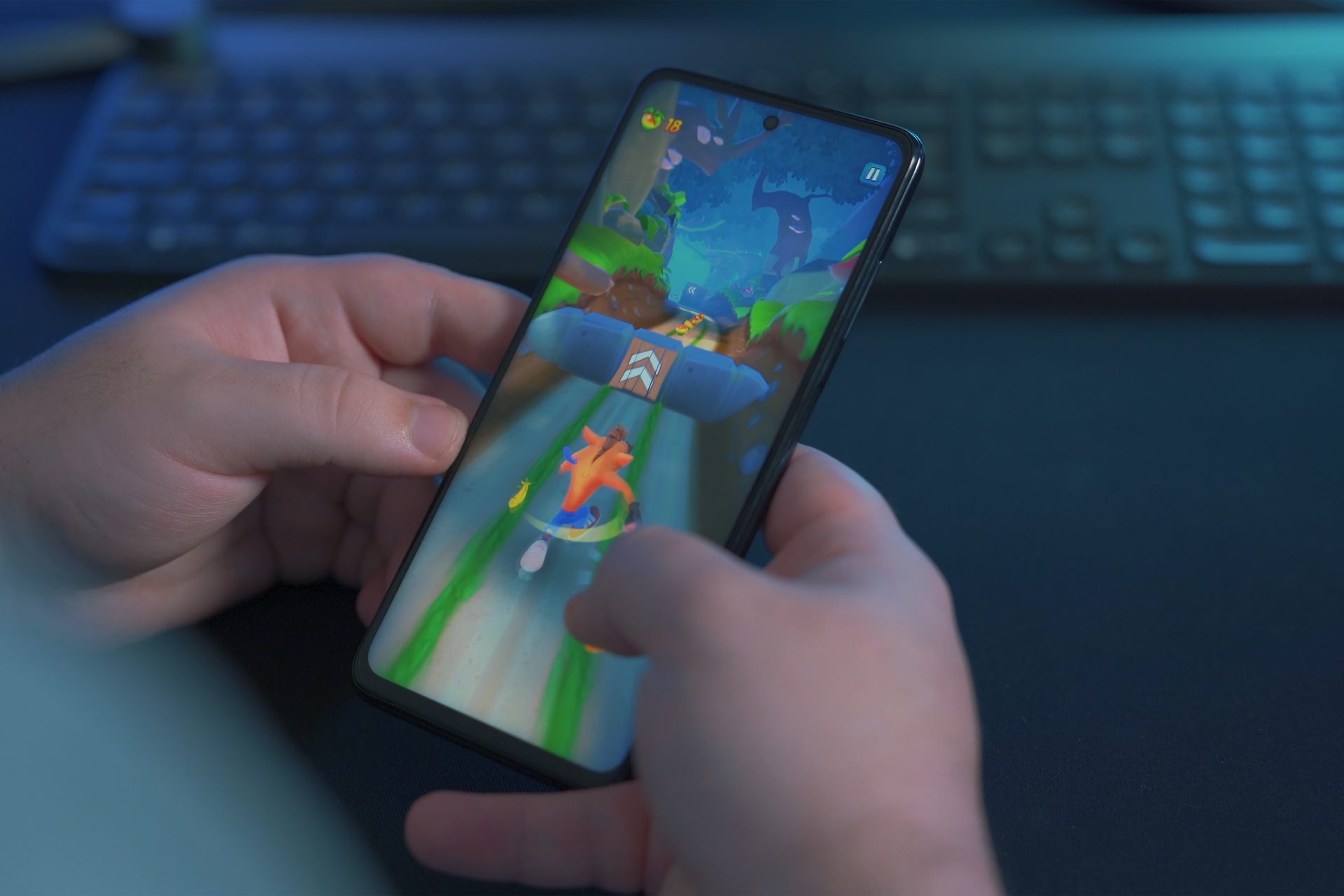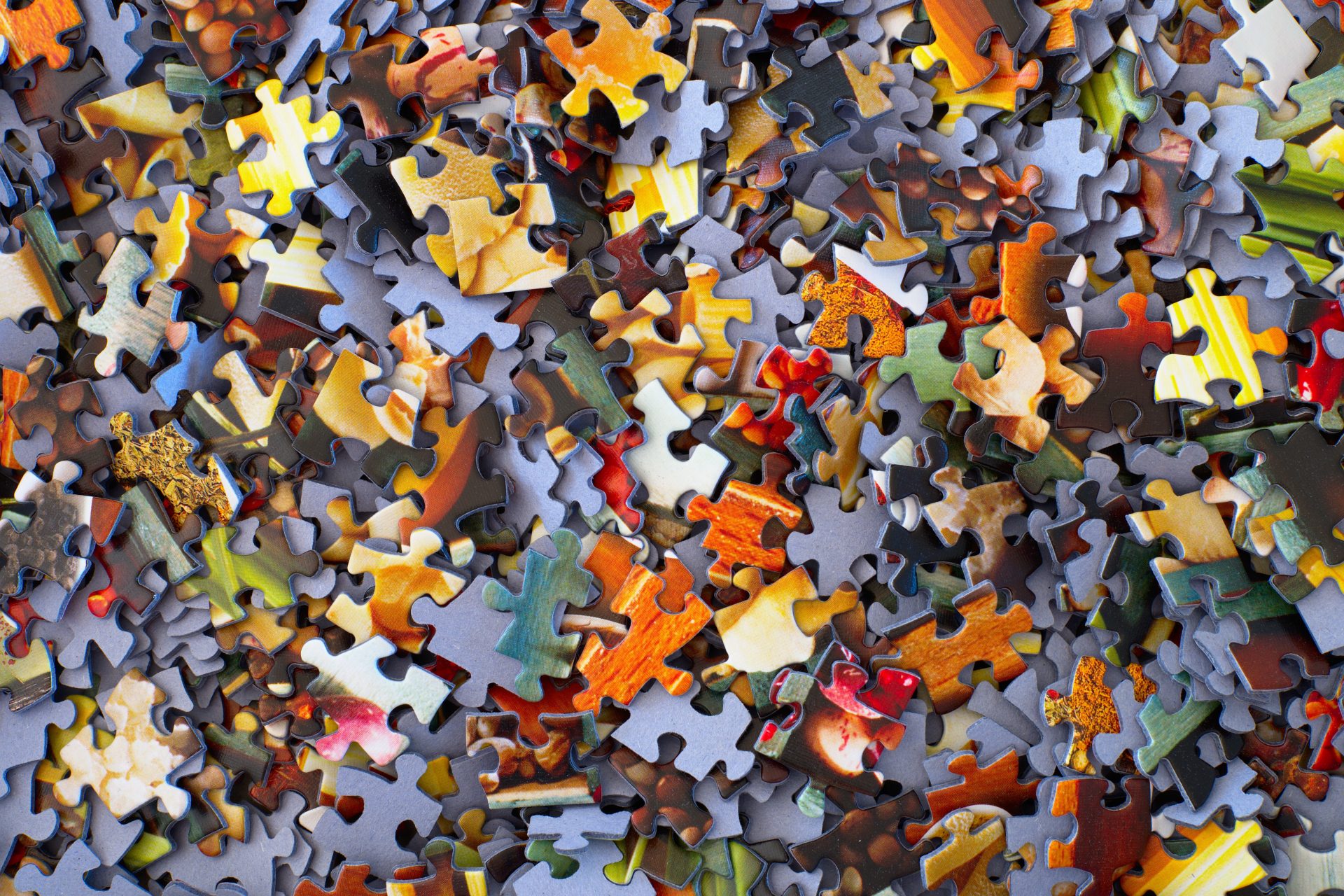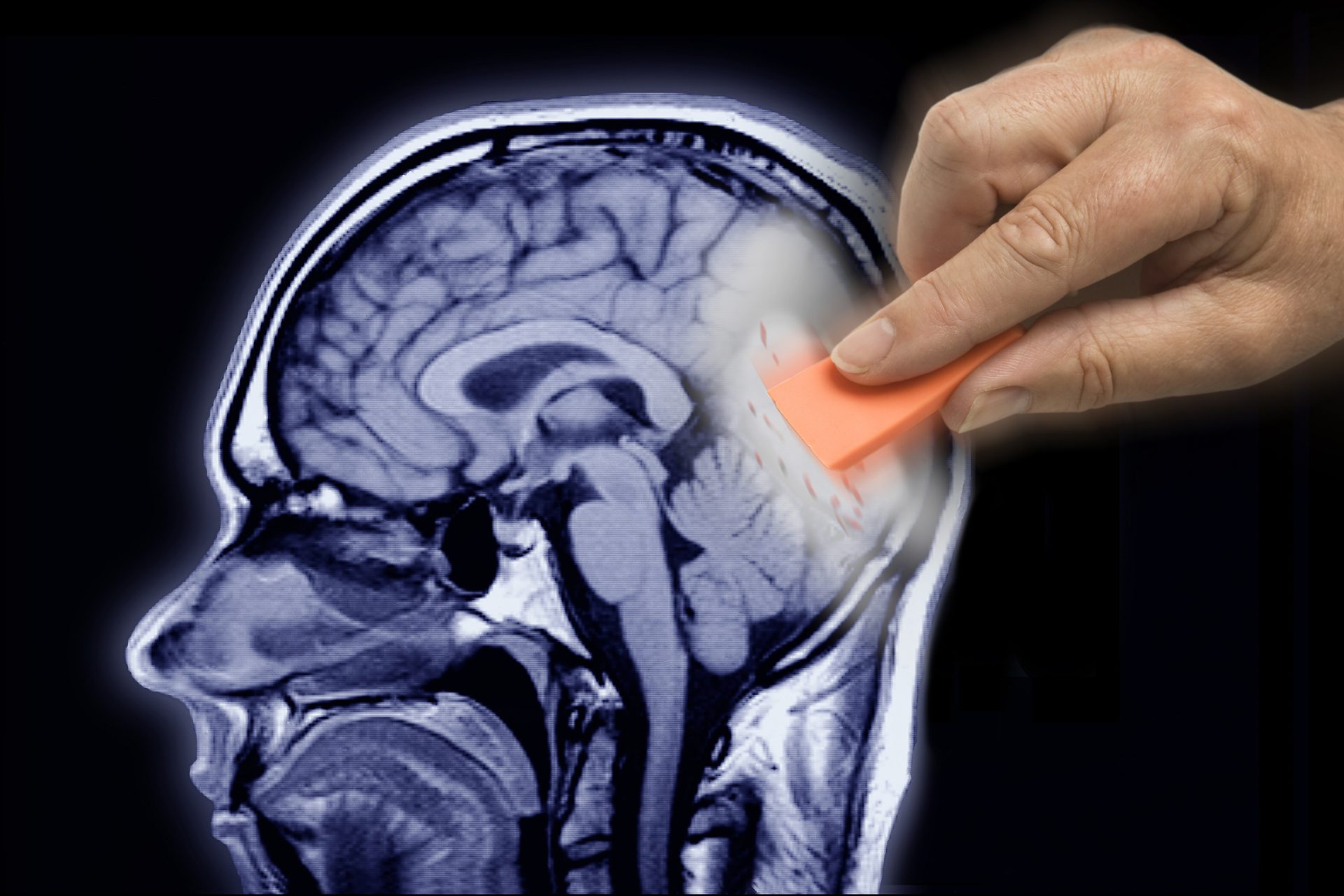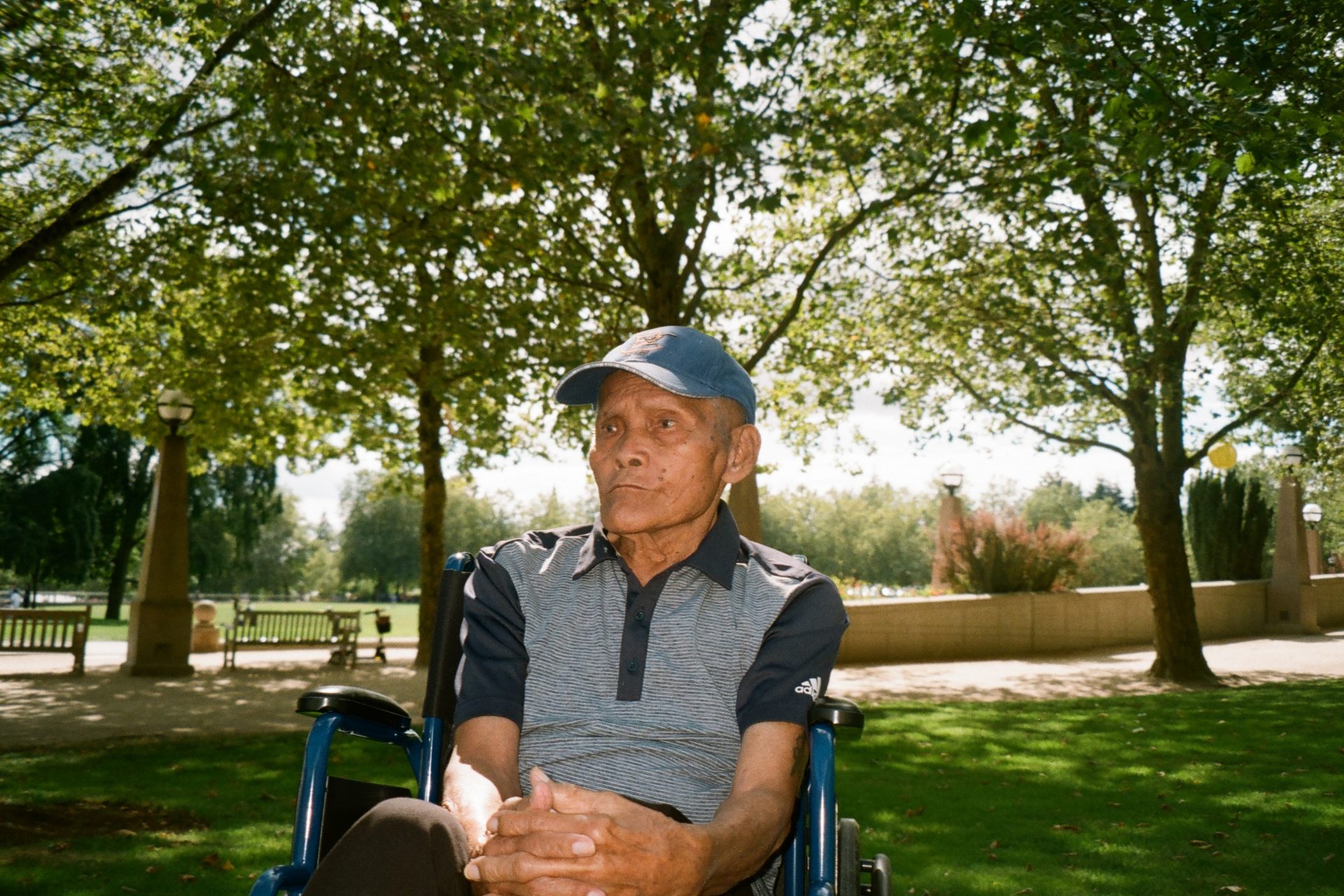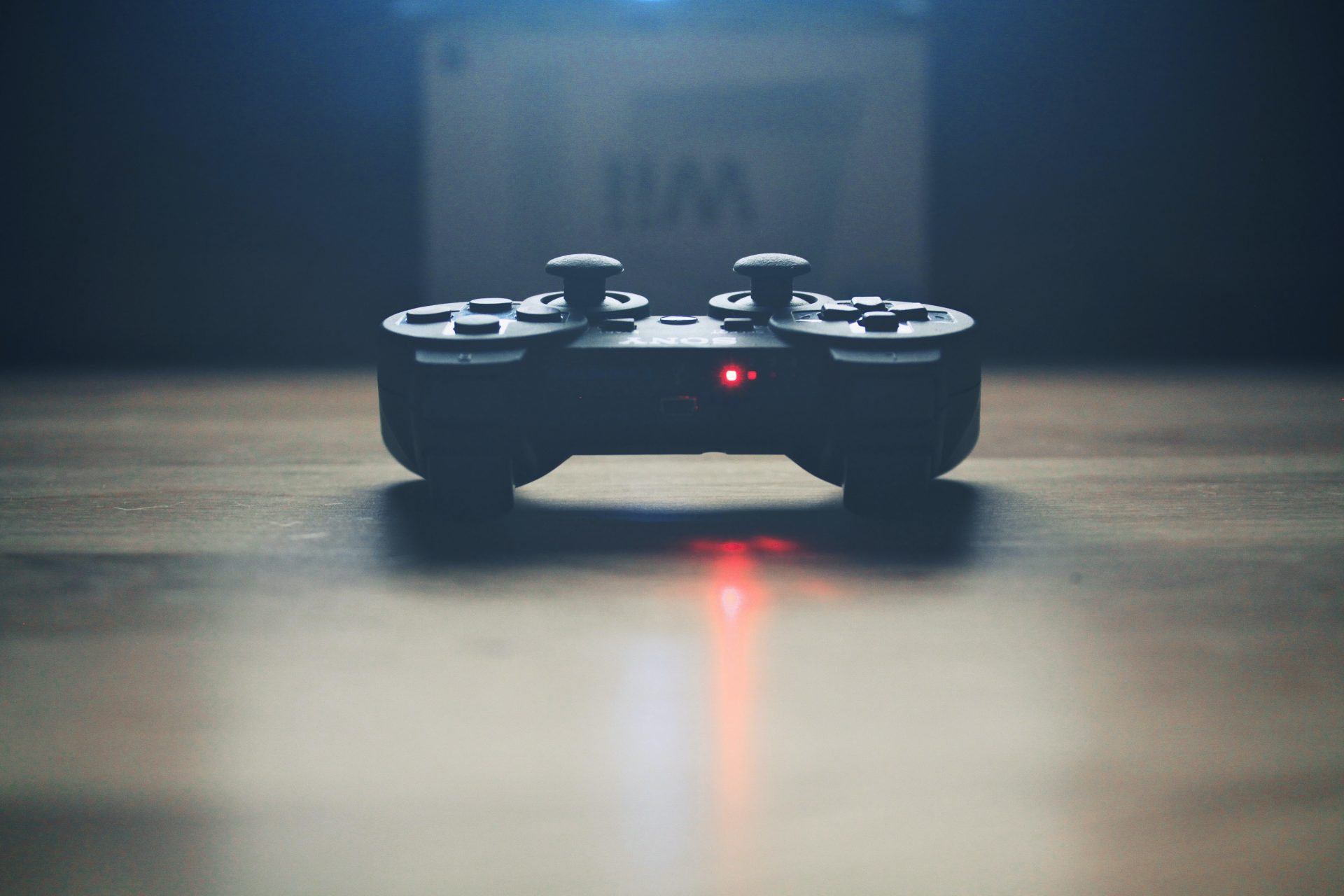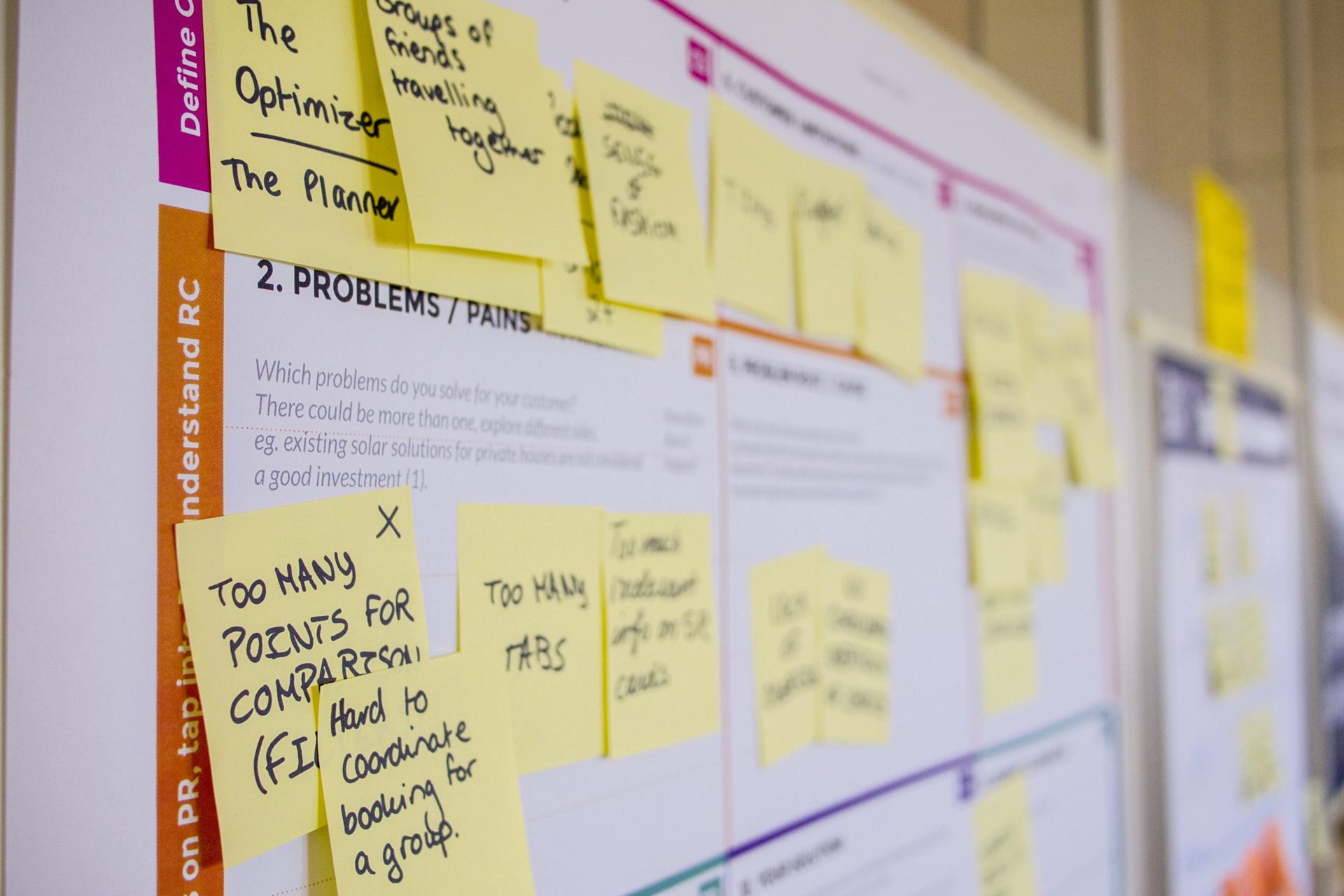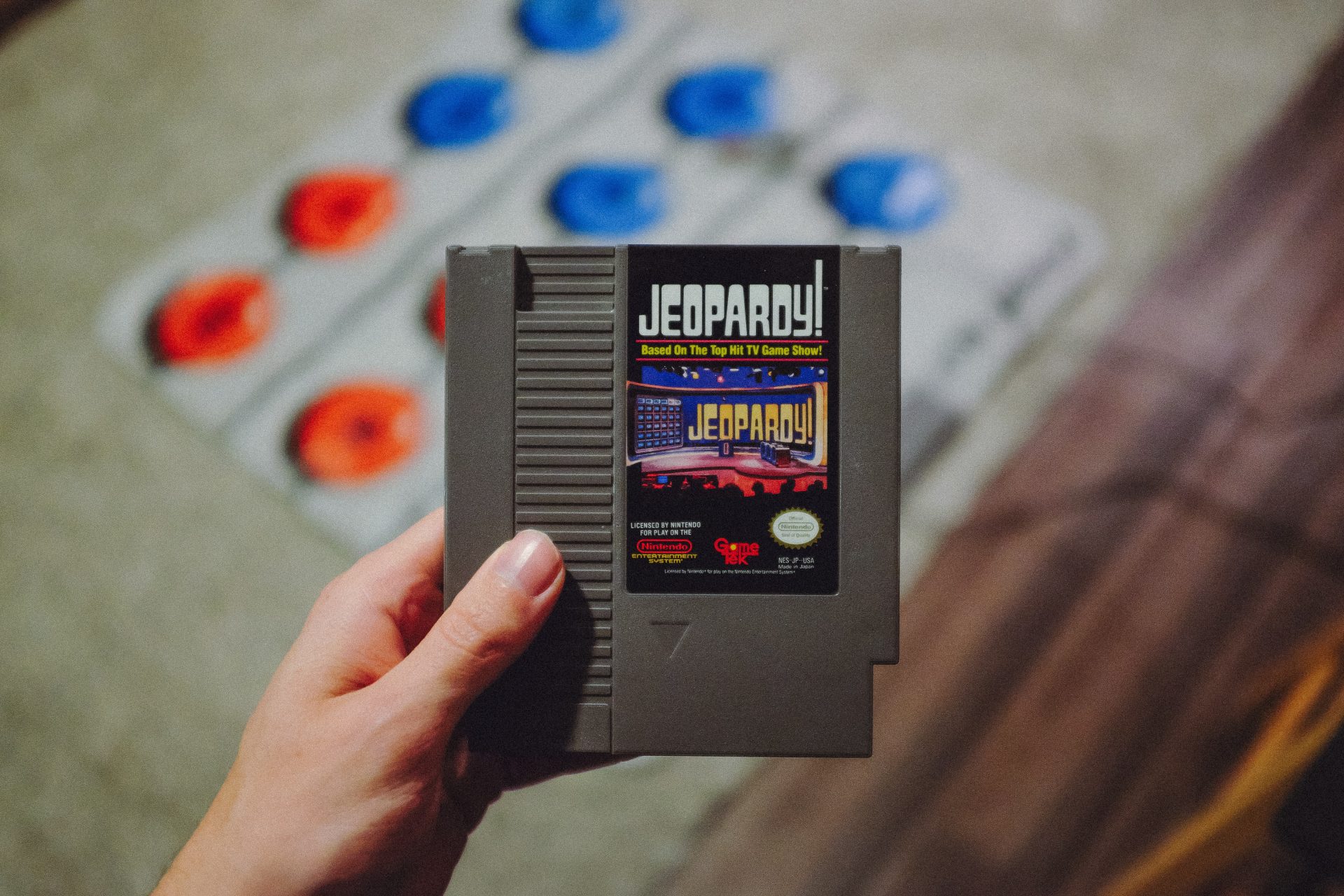Puzzles are the key to saving your memory research finds
Puzzles can have an important impact on the health of your brain as you age according to research from August 2023 that found playing puzzles into your old age can increase both memory and concentration.
Published in the peer-reviewed journal Heliyon, the research revealed that digital puzzles can help older adults retain their memory into their retirement years while also helping them with concentration.
Researchers from the University of York discovered that adults 60 and older who played digital puzzle games had the memory abilities of adults in their 20s. But wasn't all they found.
Photo Credit: Unsplash by Onur Binay
Older adults who engaged in digital puzzle games could ignore irrelevant distractions a lot better than older adults who didn't, according to a press release on the new research.
Photo Credit: Unsplash by Hans-Peter Gauster
Moreover, researchers found that older adults who played strategy games did not have the same memory and concentration improvements as those who played puzzle games.
The press release noted previous research has shown people lose some of their mental abilities as they age, specifically their capacity to remember several things at one time.
This concept of remembering several things at one time is called working memory and it tends to peak in our 20s and 30s and then starts slowly declining as we enter old age.
Other research has shown that the brain might change the way it holds information as a person ages and the researchers wanted to see how some stimuli affected older brains.
The study included both younger and older adults who played the same games they did in their real lives outside of the study, giving the researchers a wide variety of data on all sorts of games and ages to draw conclusions.
Study participants were also subjected to a digital experiment that asked participants to memorize a series of images while they were also being distracted by the researchers.
“Generally people have a good ability to ignore irrelevant distractions, something we call ‘encoding distraction’,” explained study co-author Dr. Joe Cutting.
Photo Credit: Unsplash by Andrew Rivera
“Puzzle games for older people had this surprising ability to support mental capabilities to the extent that memory and concentration levels were the same as a 20-year-old who had not played puzzle games,” Cutting said in a statement.
Older people were more likely to forget some of the things they were asked to commit to memory while they were distracted but only when playing an action strategy type game.
Photo Credit: Unsplash by Pawel Kadysz
In contrast, younger adults were far less successful at focusing when they were playing a puzzle game, findings that could prove significant for understanding brain changes.
“A lot of research has focused on action games,” said study co-author Fiona McNab in a statement, adding it was thought the quick reactions helped memory and concentration.
McNab explained that the research team analysis showed it was the strategy parts of an action game—the planning and problem-solving aspects—that stimulated young brains.
Photo Credit: Unsplash by Daria Nepriakhina
These effects weren’t present in older adult brains and McNab explained more research was needed to understand why older adults didn’t see the same benefits as the younger.
Photo Credit: Unsplash by Wesley Tingey
“We can’t yet rule out that the strategy games played by older people are not as difficult as the games played by younger people and that the level of challenge might be important in memory improvement,” McNab said.
More for you
Top Stories



